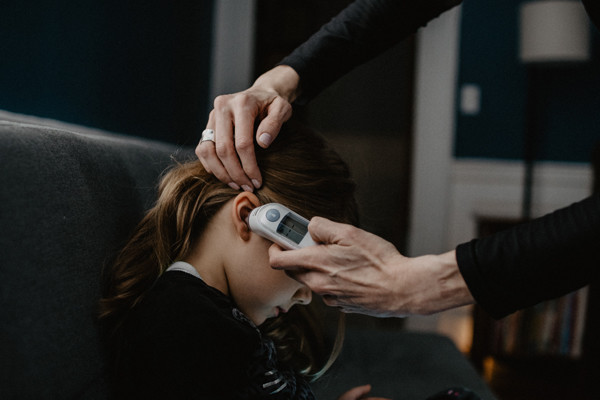As more and more schools send year group and form “bubbles” home due to positive COVID tests, what does this mean for parents and can they work?
Government guidance is clear that where a child is told to self-isolate because they are showing symptoms of coronavirus, their parents and any other children or adults living in the same household must also self-isolate.
The period of self-isolation is at least ten days from when the child’s symptoms first began.
This is a typical self-isolation situation and if possible, your employee should work from home.
If they can’t work from home during this self-isolation period, they will automatically be eligible for statutory sick pay, payable from the first day of absence.
People on low incomes who live in certain areas who are unable to work from home and are required to self-isolate can also receive a new payment of up to £182.
Read more at New payment for people self-isolating in highest risk areas.
A situation that is becoming increasingly common however is where a child is sent home from school because someone in their “bubble” has tested positive.
In this situation, the child is required to self-isolate for 14 days.
Government guidance states that whilst the child must self-isolate for 14, the same rule doesn’t apply to anyone else who is living with them.
This is because the child isn’t displaying symptoms.
This means that the employee can attend work unless their child begins to develop symptoms.
Your main concern here may be childcare though.
The guidance promotes flexibility.
Utilise emergency leave, parental leave and holiday entitlement to cover the period of the child’s self-isolation.
Stay in the know
We’ll keep you up to date with all the latest in employment law and HR. You can unsubscribe at any time.


Recent Comments